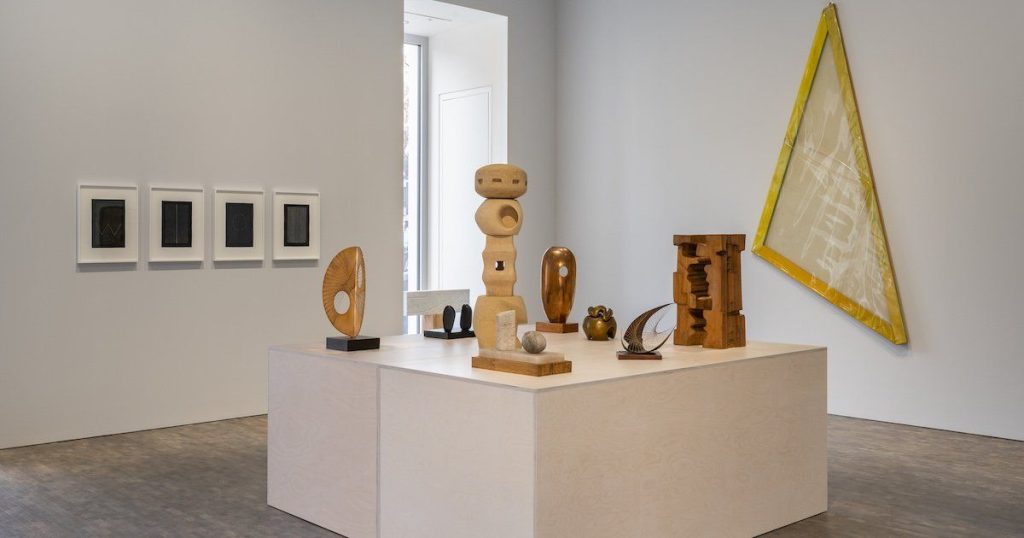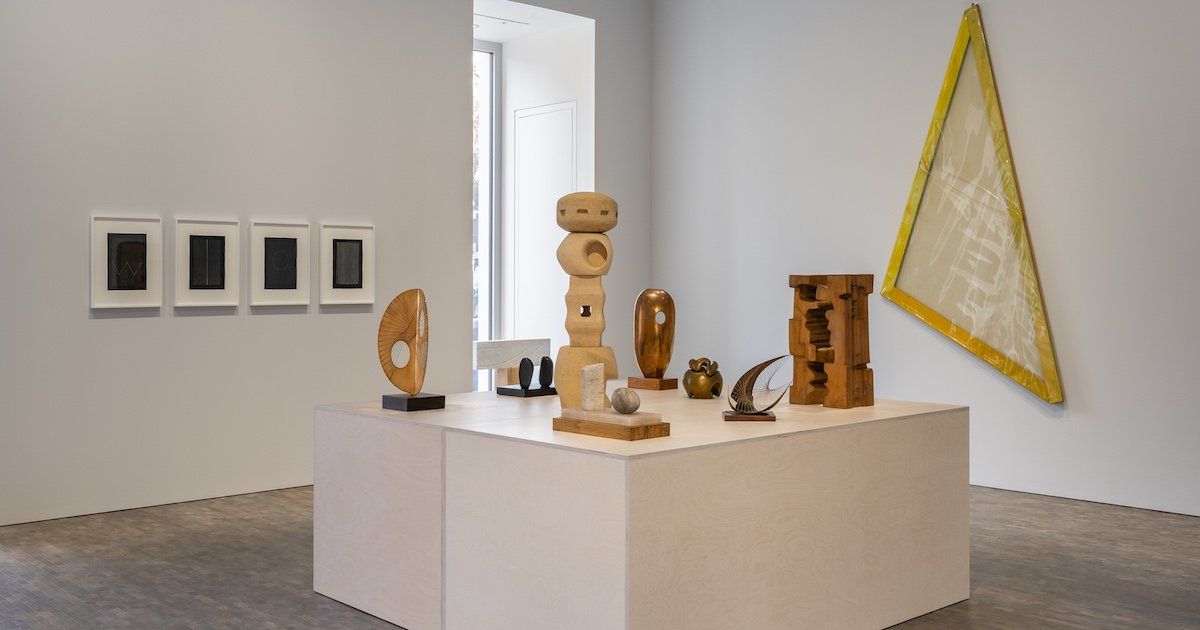
“Yto Barrada Selected as France’s Representative for the Upcoming Venice Biennale”

**French-Moroccan Artist Yto Barrada to Represent France at the 2026 Venice Biennale**
The 61st Venice Biennale, a cornerstone of the global contemporary art world, will feature French-Moroccan artist Yto Barrada as France’s representative, as announced recently by the Institut Français. Barrada, born in 1971, has built a remarkable career blending postcolonial historical narratives with the mediums of sculpture, installation, photography, and textile. This announcement places her work on one of the most prestigious stages in the art world.
### A Trailblazing Career in Contemporary Art
Yto Barrada’s selection as the representative for France reflects not only her astounding body of work but also her commitment to addressing critical socio-political issues that intersect with art. Born in Paris to Moroccan parents and raised in Tangier, Barrada’s work often draws inspiration from her upbringing and the unique crossroads of cultures, histories, and geopolitics that define her hometown on the Strait of Gibraltar.
Her multidisciplinary practice has provided a lens into pressing issues such as migration, climate change, and colonial histories. Works like *A Life Full of Holes: The Strait Project* (1998–2004) explored the Strait of Gibraltar as a literal and figurative borderland, highlighting the struggles faced by migrants crossing from North Africa to Europe. These vivid, thought-provoking series of photographs became a defining moment in her career, cementing her place in the realm of socially engaged art.
### A Veteran of the Venice Biennale
Barrada is no stranger to the Venice Biennale. As early as 2007, she exhibited her photographic series *Public Park—Sleepers* (2006–7), showcasing individuals finding respite in urban green spaces—a commentary on public and private dynamics in urban life. She returned in 2011 to collaborate with Chinese artist Song Dong’s “para-pavilion,” exploring her grandmother’s handwritten recipes and drawings through a photographic series titled *The Telephone Books (or the recipe book) (2011).*
Her reappearance at the Venice Biennale in 2026 as a pavilion representative is therefore both a continuation of her ongoing dialogue with this major art event and an opportunity to showcase her evolution as an artist.
### Tangier as an Artistic Muse and Syndicate
Barrada’s work is deeply rooted in her connection to Tangier, a city that straddles continents as much as experiences. Beyond serving as inspiration, Tangier has also been a launching pad for Barrada’s cultural initiatives. In 2006, she co-founded the **Cinémathèque de Tanger**, the first cinema cultural center in North Africa, operating out of a beautifully restored 1930s film theater. The Cinémathèque serves not just as an archive but as a gathering place for the vibrant cultural community of the city, showing how Barrada merges her love for art with community-building.
In recent years, her commitment to Tangier took yet another groundbreaking form with the establishment of **The Mothership**, an experimental research and residency center. This project focuses on pan-African eco-feminist practices and blends artistic creation with hands-on techniques such as natural dyeing, textile production, and permaculture gardening projects.
### A Global Presence in Renowned Institutions
Barrada’s contributions to contemporary art have not been confined to Morocco or France. Her work has transcended borders, finding homes in museum collections and solo exhibitions worldwide, including institutions such as the **Museum of Modern Art (MoMA)** in New York, the **İstanbul Modern**, and the **Barbican Centre** in London. Recent exhibitions include Turin’s **Museo d’Arte Orientale**, showcasing her commitment to tackling timely issues through innovative artistic expressions. Notably, she is also currently exhibiting at MoMA PS1 in Long Island City, where her installation will remain displayed in its courtyard through 2026.
### Artistic Activism and Solidarity
Barrada’s political engagement has also shone through in her artistic practice. Earlier in 2023, she was one of several artists to withdraw her contributions from *Unravel: The Power and Politics of Textiles in Art*, a survey on textile art at the Barbican. Barrada’s withdrawal mirrored her protest against the institution’s decision not to host a lecture addressing Israeli military operations in Palestine. This act of solidarity not only resonated with the art world, but also underscored her commitment to the principle of using art to challenge oppressive systems.
### The Future: Representing France with a Unique Perspective
Barrada’s selection by the Institut Français marks a significant step forward in framing France’s identity on a global artistic stage. It positions her as a critical voice for conversations about migration, the postcolonial experience, and the evolving role of art in redefining these narratives. As she prepares to represent France at the Venice Biennale in 2026, her ability to bridge her Moroccan heritage, global issues,